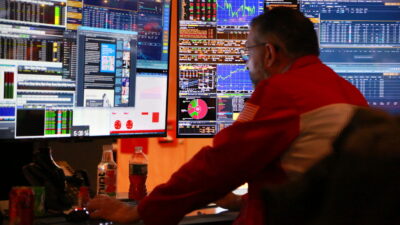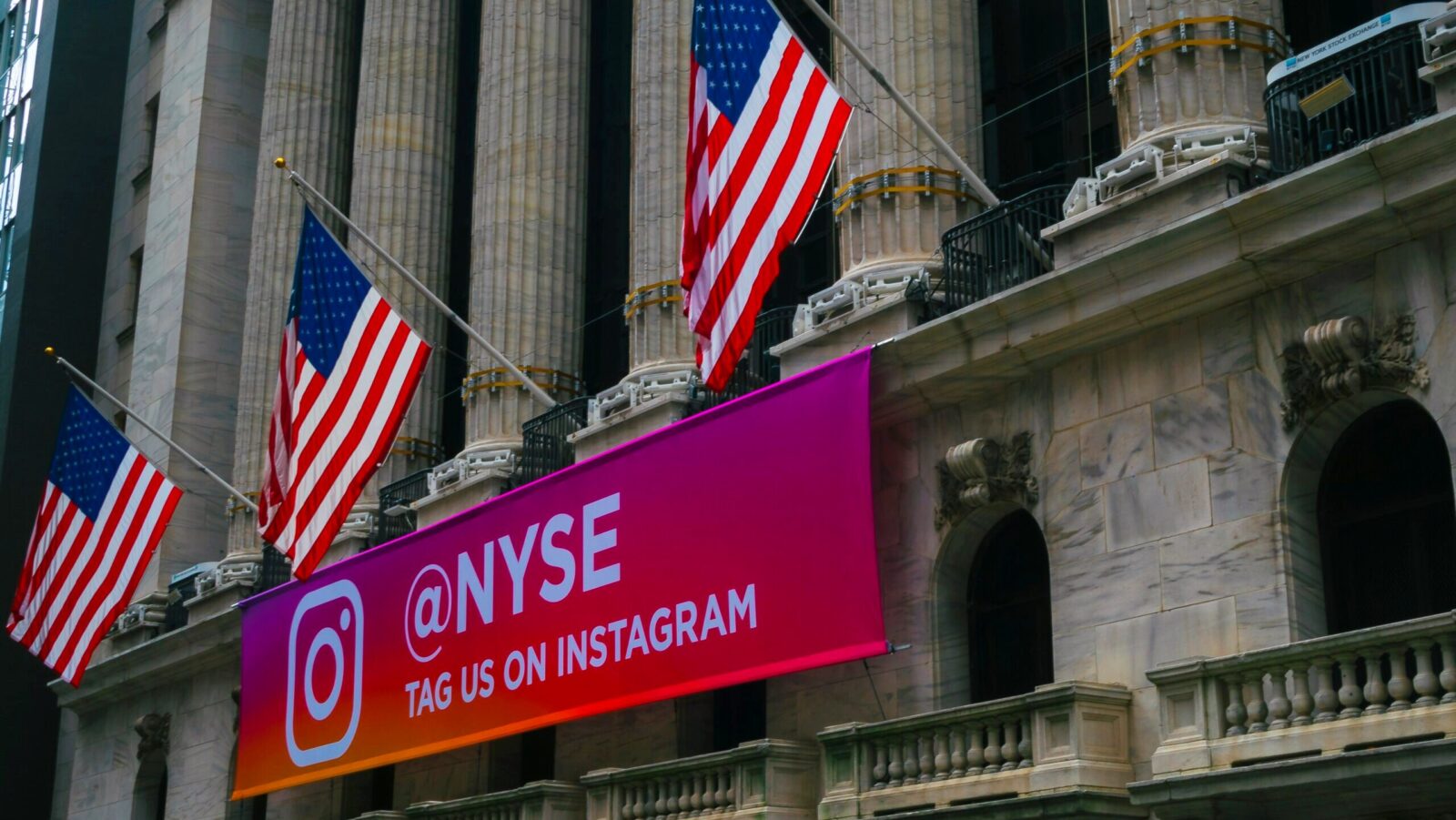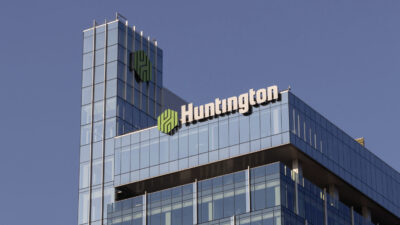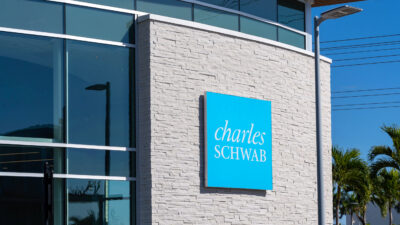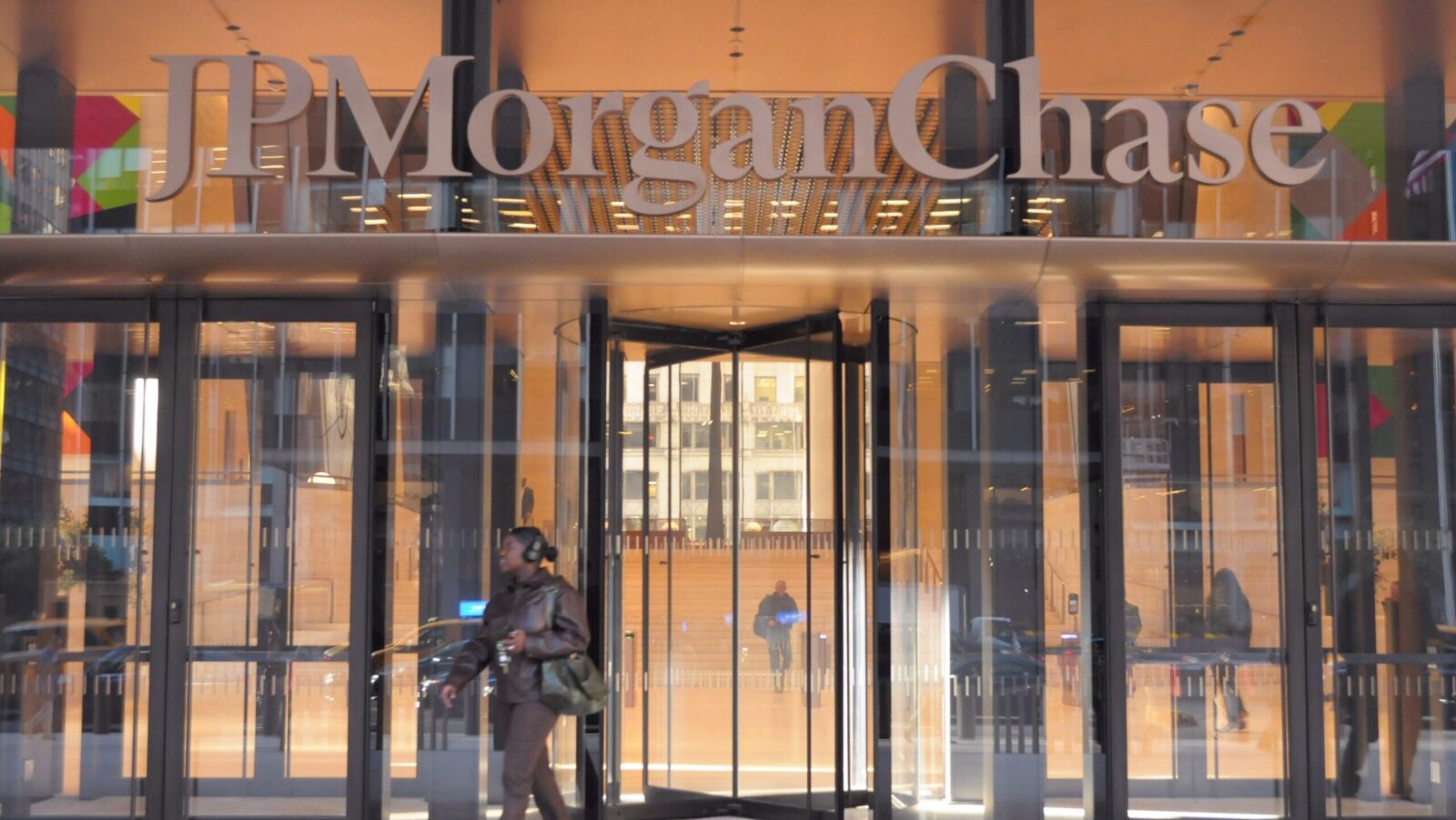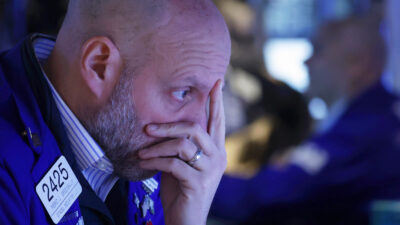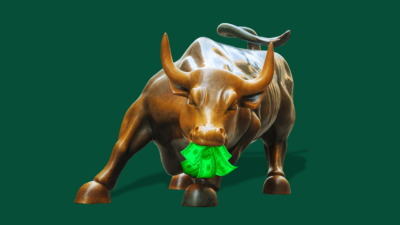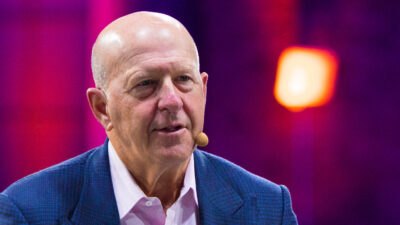Berkshire Slips Amid Concern Retiring CEO May Take “Buffett Premium” With Him
The ‘Warren Buffett premium’ at Berkshire Hathaway is melting faster than a forgotten Dilly Bar in the wake of its CEO’s retirement plans.
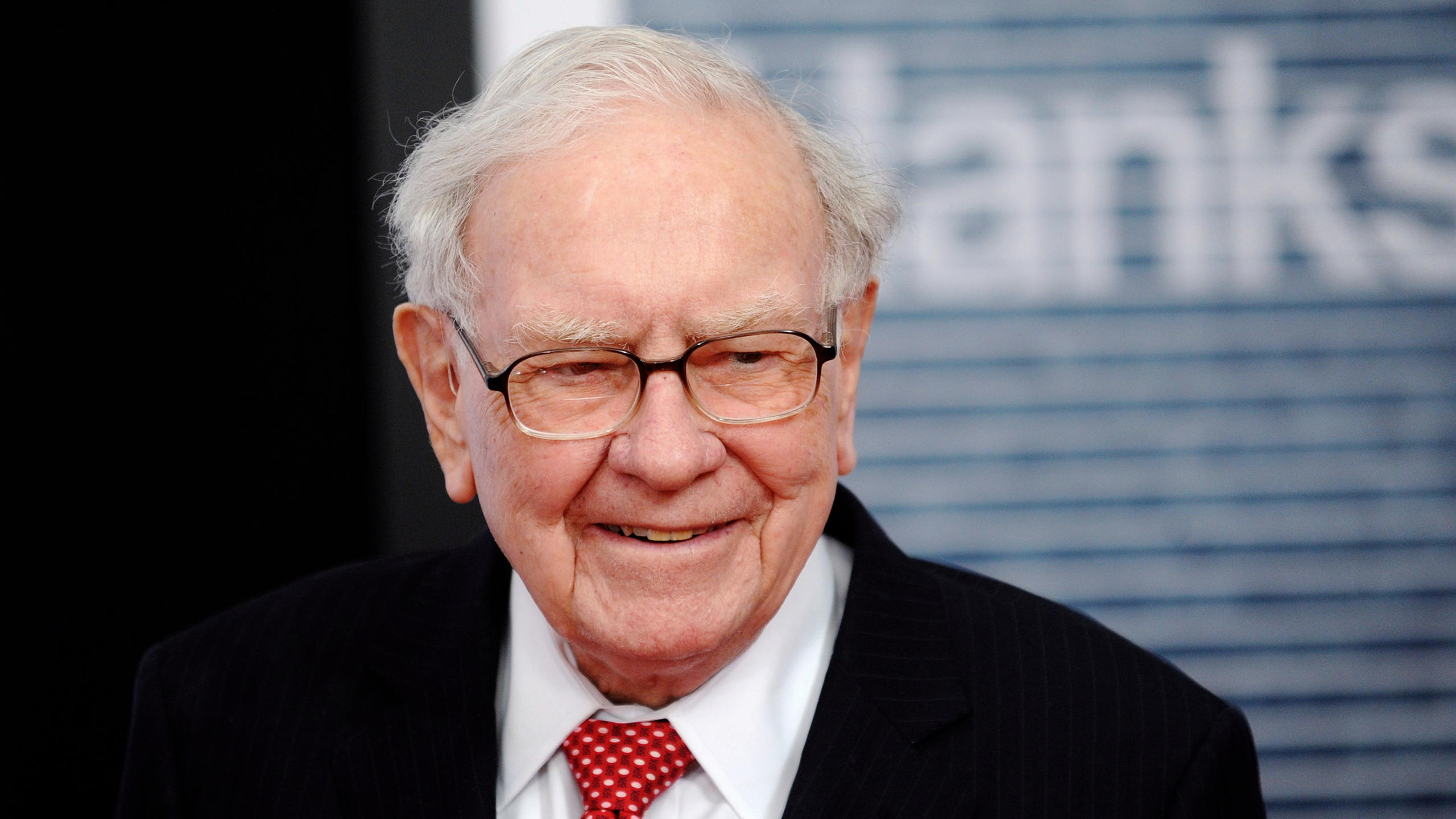
Sign up for smart news, insights, and analysis on the biggest financial stories of the day.
The “Warren Buffett premium” at Berkshire Hathaway is melting faster than a forgotten Dilly Bar.
Since the conglomerate’s legendary CEO announced in May that he plans to retire at the end of this year, four months after his 95th birthday, Berkshire shares have fallen roughly 10%. The selloff can be attributed to a handful of factors, chief among them the Buffett premium, which refers to the extra price investors are willing to pay for the billionaire Oracle of Omaha’s stock-picking talent. Clearly, there’s curiosity about whether his handpicked successor, Greg Abel, is ready and, er, able.
In Search of the Abel Premium
Berkshire was one of the most resilient major stocks in April after President Trump’s tariff announcements pushed the S&P 500 into a correction. On May 3, the day Buffett announced he was passing the torch, Berkshire ranked as one of the top-performing large-cap stocks in 2025. But after the Oracle of Omaha prophesied his own future, his company’s momentum shifted to reverse gear.
Even with the endorsement of Buffett and the expectation that Abel will maintain Berkshire’s culture and value-oriented investment strategy, investors have yet to see that Buffett’s successor is capable of buying big, concentrated blocks of stock in companies like American Express, Apple, Bank of America, and Coca-Cola at precisely the right time. Berkshire also has another major succession in order, as the mastermind of its juggernaut insurance business, Ajit Jain, said he offered the company a shortlist of successors last year. But while there’s no doubt the transition has contributed to the selloff, there’s also the matter of simple performance:
- Berkshire’s operating earnings fell 14% in the first quarter to $9.6 billion. And despite saying for years that he is hunting for an “elephant-sized” acquisition, Buffett hasn’t found one. The company is sitting on a record cash reserve close to $350 billion and has also been a net seller of stocks for 10 consecutive quarters.
- Berkshire is trading at a forward price-to-earnings ratio of 23.6 times its estimated future earnings this year, or a slight premium over the S&P 500. That suggests there may still be room to fall and a handful of analysts have predicted more selling, but Berkshire’s massive cash hoard could end up positioning the company well if there is an economic downturn that would allow it to go bargain-hunting.
His Magnificent Seven: Buffett has little more than half a year until he plans to pass on Berkshire’s top job to Abel, and he’s going out betting on many of the staples that made him a stockpicking legend. Just over 70%, or a little more than $200 billion, of the company’s $280 billion portfolio of publicly traded stocks is held in a mere seven companies: Apple, American Express, Coca-Cola, Bank of America, Chevron, Moody’s and Occidental Petroleum.



